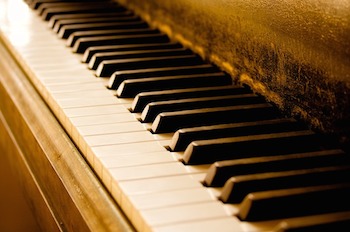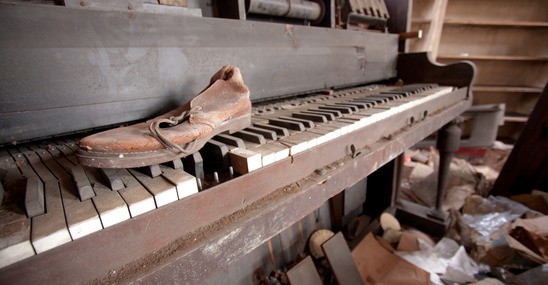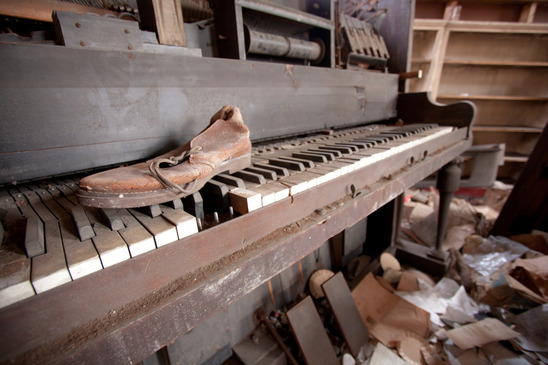How do I know if a piano is worth restoring?
Every piano is unique, so its not something that a blanket answer will provide. What we usually tell our clients is that if its an antique piano or has sentimental value, it may be worth the investment of restoration. If its been taken care of, housed in a relatively safe place (no water damage), restoration can breathe new life into your piano and extend its playability for years.
What is the best era of pianos for potential restoration?
Pianos were at the top of their game pre-depression. People had money to spend, and pianos were one of the main forms of entertainment. Therefore manufacturers stepped up their game and provided many different types of pianos, all at premium quality and sound. If you have a piano pre-1932, and it carries a brand name like Chickering, its built and designed very well. After this time frame, many manufacturers went out of business or were combined into large conglomerates, and the quality began deteriorating in some cases. It really is a case by case basis.
Why are piano restoration prices so high?
If you’ve done any research at all into restoring your antique piano, you know prices can quickly climb into the thousands of dollars. To do it right, it will take hundreds of hours of time to make sure every detail is at its optimum level. In some cases hours may be spent finding just the right piece, or if its not available, hand making it from scratch. Keep in mind that restoring an antique piano will usually cost less than buying a new piano of comparable value. Add in the sentiment, and its usually worth considering if you have that as an option.
How long does the restoration process take?
The timeframe for restoration is all on a case by case basis. It depends on the current condition of the piano and what details need to go into the restoration process. It also depends on the restoration company you choose. Many have a waiting list for the process, and it will typically take anywhere from 6 months to a year for the restoration itself.
Which parts are restored and which parts are replaced?
Again, this is usually determined by looking at the piano itself. If an item has the potential of being restored, we do all we can to keep it in its original format. Yet some things automatically deteriorate over time: felt, rubber, leather, strings. When we replace, we do our best to keep it as close to original condition as possible.
Do you work on pianos from all over the country?
Yes, even though we are located in Memphis Tennessee, we have had piano restoration projects from all over. Antique pianos are very durable by nature. Many pianos sat in homes that were poorly insulated and often sat next to freezing windows or open wood stoves. When people bought pianos, they didn’t have modern, climate controlled trucks for delivery. Instead, many pianos sat in trains and were moved to horse and buggies for delivery to its final destination. These pianos were durable and very well built. To bring them in here to our location, restore them to their fullest extent, and return them to you wherever you live isn’t a problem.

 If you have an older piano in need of repair, there are many things you can search for when looking for information on how to go about it. Antique piano restoration, piano refinishing, piano repairs, or even piano refurbishing are all common terms in the piano industry.
If you have an older piano in need of repair, there are many things you can search for when looking for information on how to go about it. Antique piano restoration, piano refinishing, piano repairs, or even piano refurbishing are all common terms in the piano industry.
